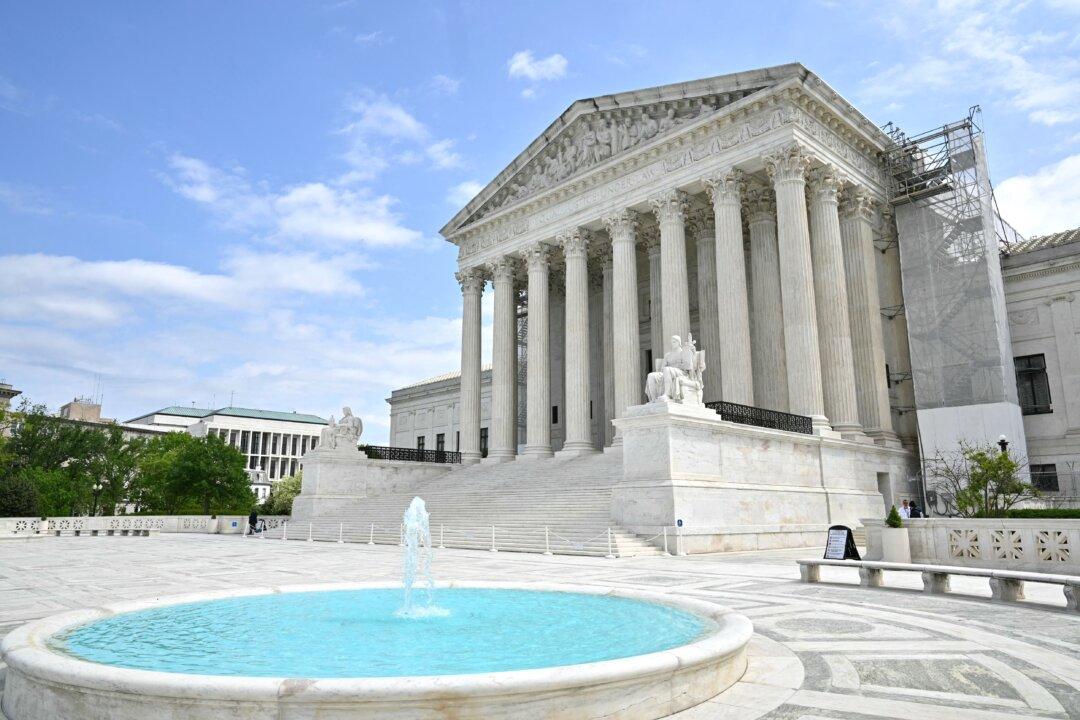A Massachusetts couple has asked the U.S. Supreme Court to decide if parents have a First Amendment right to video record school officials when discussing their children in private meetings.
The case could decide a longstanding circuit court split on the issue of where, how, and under what circumstances government officials can be recorded.




